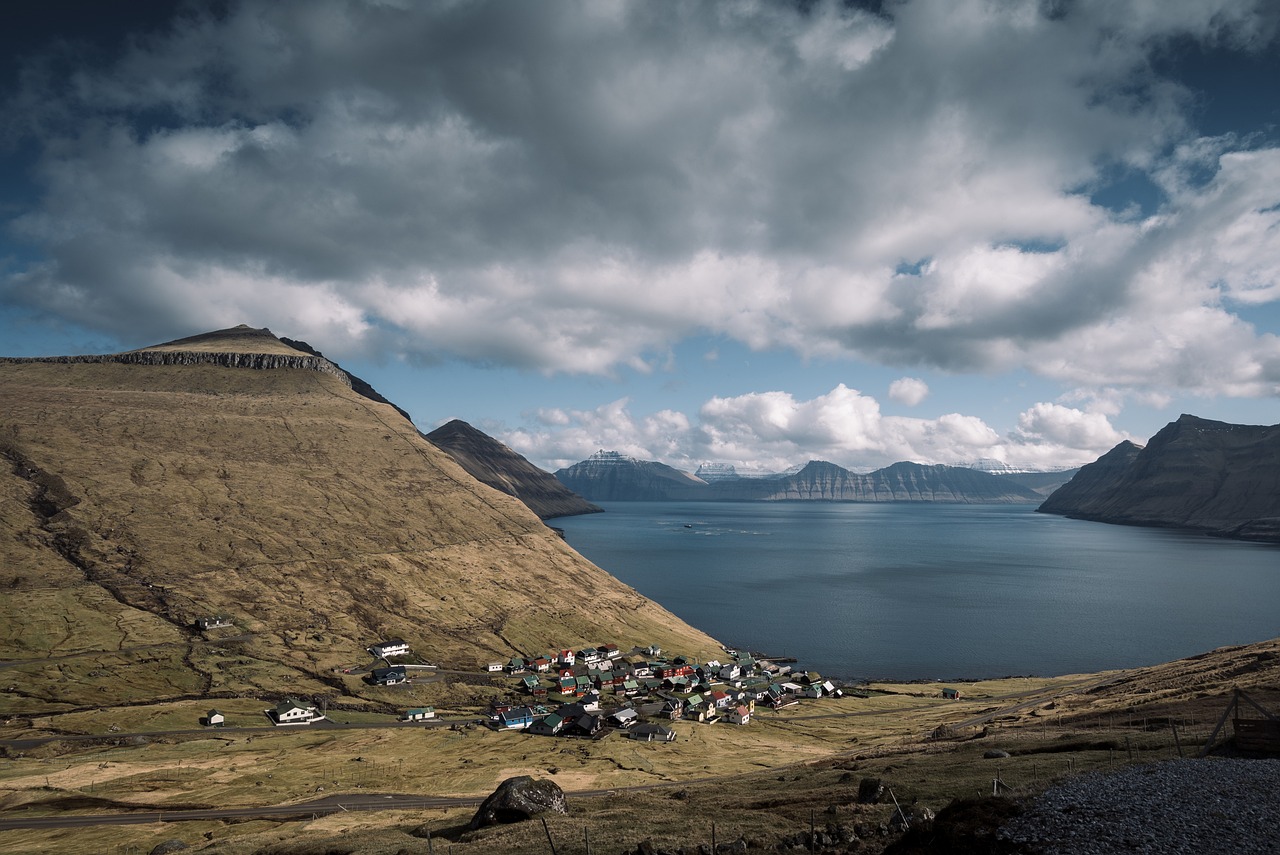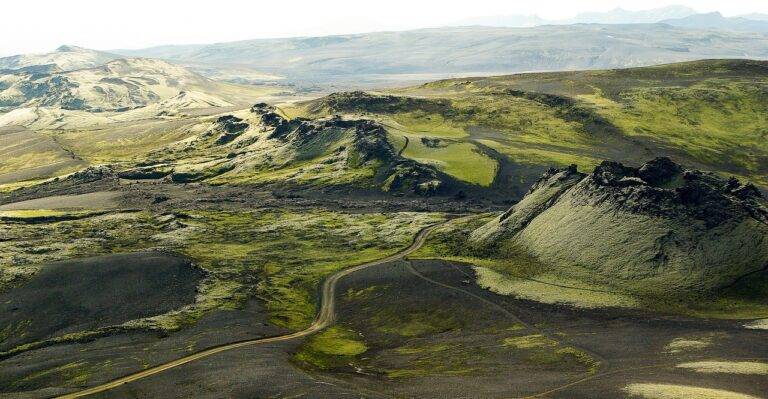Ecotourism in Action: Conservation Projects and Wildlife Rehabilitation Centers
In South America, the Amazon Rainforest plays a crucial role in global climate regulation and biodiversity conservation. Conservation initiatives in this region focus on protecting indigenous lands, combating deforestation, and promoting sustainable practices among local communities. Organizations such as WWF and Rainforest Trust have been at the forefront of efforts to safeguard this invaluable ecosystem.
In Africa, the Maasai Mara National Reserve in Kenya is known for its iconic savannah landscapes and diverse wildlife population. Conservation projects in this area aim to address threats such as poaching, habitat loss, and human-wildlife conflict. Collaborative efforts involving government agencies, conservation NGOs, and local stakeholders have been instrumental in ensuring the long-term survival of species like lions, elephants, and rhinos.
Wildlife Rehabilitation Centers: A Closer Look
Wildlife rehabilitation centers play a crucial role in caring for injured, orphaned, or sick animals. These sanctuaries provide a safe environment for animals to recover and receive medical treatment before they can be released back into the wild. Staffed by dedicated professionals, these centers work tirelessly to ensure the well-being of the animals under their care.
Moreover, wildlife rehabilitation centers also serve as educational hubs, raising awareness about conservation efforts and the importance of preserving natural habitats. Visitors to these centers not only get to witness the rehabilitation process firsthand but also gain a deeper understanding of the challenges faced by wildlife in their natural environments. Through these educational initiatives, wildlife rehabilitation centers inspire a sense of stewardship towards the environment and its inhabitants.
• Wildlife rehabilitation centers provide a safe environment for injured, orphaned, or sick animals
• Dedicated professionals work tirelessly to ensure the well-being of the animals under their care
• These centers also serve as educational hubs raising awareness about conservation efforts
• Visitors can witness the rehabilitation process firsthand and gain a deeper understanding of wildlife challenges in natural environments
• Educational initiatives inspire stewardship towards the environment and its inhabitants.
Impact of Ecotourism on Conservation Efforts
Tourism has long been a double-edged sword for conservation efforts worldwide. While unchecked tourism can contribute to environmental degradation and disturbance of wildlife habitats, ecotourism has emerged as a more sustainable approach. By promoting responsible travel practices and providing financial support for conservation projects, ecotourism has the potential to create a win-win situation for both the local communities and the biodiversity in the area.
One of the key advantages of ecotourism is its ability to generate economic incentives for conservation. By attracting visitors who are interested in experiencing nature in a respectful and sustainable manner, ecotourism can help fund conservation initiatives, provide employment opportunities for local communities, and incentivize the protection of natural resources. Additionally, ecotourism can raise awareness about the importance of conservation, leading to increased public support and engagement in environmental protection efforts.
What are some examples of conservation projects around the world mentioned in the article?
Some examples of conservation projects mentioned in the article include sea turtle conservation efforts in Costa Rica, gorilla protection programs in Africa, and reforestation projects in the Amazon rainforest.
How do wildlife rehabilitation centers play a role in conservation efforts?
Wildlife rehabilitation centers play a crucial role in conservation efforts by rescuing, rehabilitating, and releasing injured or distressed animals back into their natural habitats. They also provide education and raise awareness about the importance of wildlife conservation.
How does ecotourism impact conservation efforts?
Ecotourism can have both positive and negative impacts on conservation efforts. On one hand, it can help generate funds for conservation projects, raise awareness about environmental issues, and support local communities. However, it can also put pressure on fragile ecosystems if not managed sustainably. It is important for ecotourism initiatives to be well-planned and environmentally responsible.





